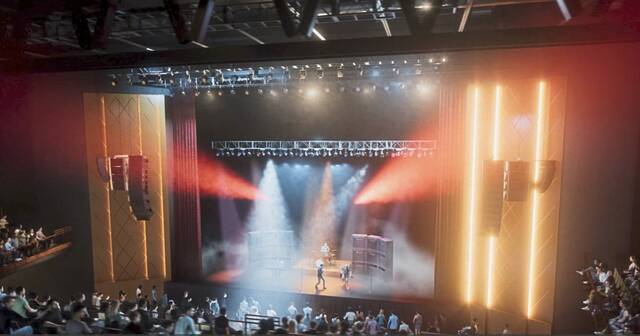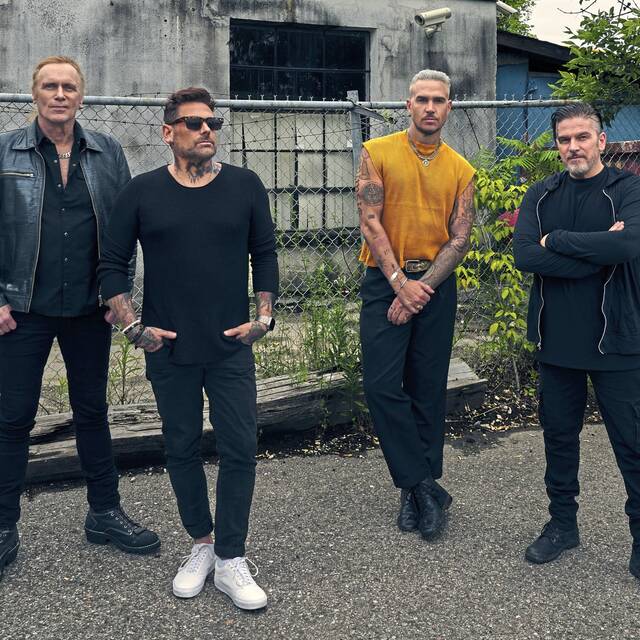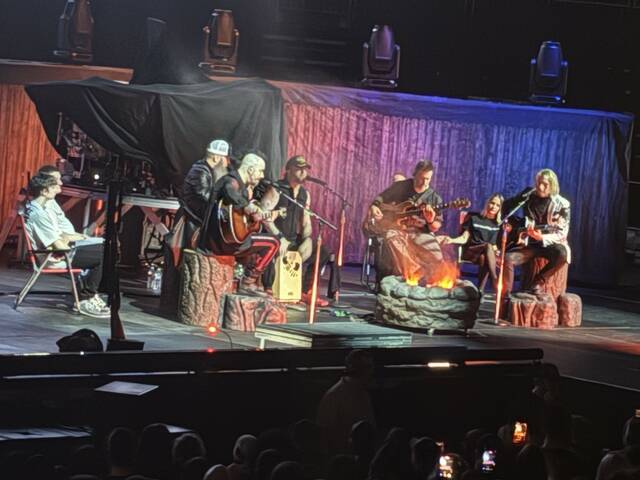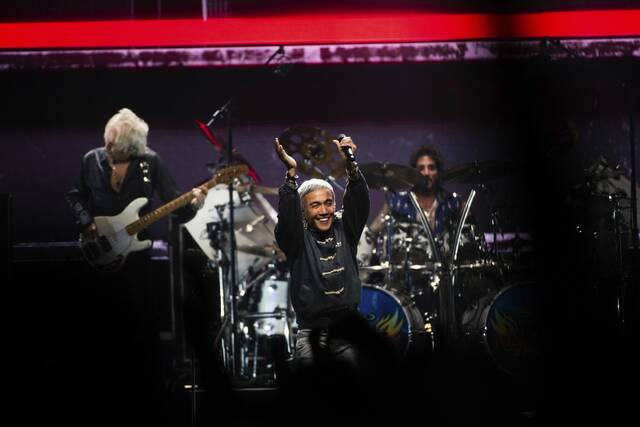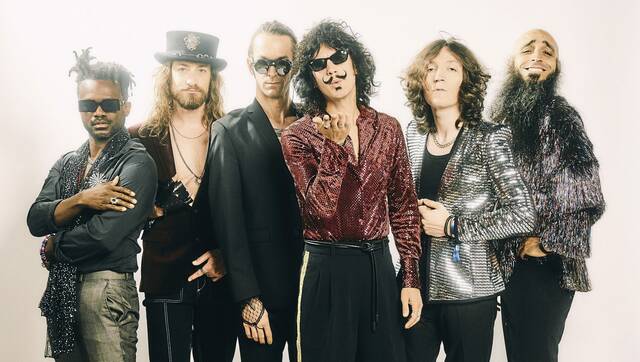The Pittsburgh Symphony Orchestra will go all out when it returns from winter break with a program that emphasizes its own virtuosity as well as its guest soloist.
Music director Manfred Honeck will lead the Pittsburgh Symphony Orchestra at Jan. 17-19 concerts at Pittsburgh’s Heinz Hall. The program is Bela Bartok’s Concerto for Orchestra, Franz Liszt’s Piano Concerto No. 2 with Seong-Jin Cho as soloist, and Maurice Ravel’s “Bolero.”
The Bartok Concerto for Orchestra is a rare example of modern music that was a hit at its premiere, immediately accepted into the standard repertoire, and popular ever since.
“Bartok wanted to create something brilliant,” says Honeck. “The combination of outstanding virtuosity with Hungarian folk music make the Concerto for Orchestra really sensational.”
There’s a Pittsburgh connection to this masterpiece that goes back before a note was written. When Bartok moved to the U.S. in 1940, he was already suffering from leukemia, which would take his life in 1945. Cut off from his money in Europe, Bartok was poor and also worried about how his wife and soon-to-be widow would survive after he was gone.
Two old friends of the composer – Pittsburgh Symphony music director Fritz Reiner and violin soloist Joseph Szigeti – went to Boston Symphony Orchestra music director Serge Koussevitzky to ask that he commission a work from Bartok. Koussevitzky, who championed modern music, gave the commission and conducted the world premiere of the Concerto for Orchestra in December 1944. The next month Reiner and the Pittsburgh Symphony performed it, and in February 1945 made the first commercial recording of it on 78s for Columbia Records, which has been transferred to a Sony CD.
“The title of this symphony-like work is explained by its tendency to treat single instruments or instrumental groups in a ‘concertant’ or soloistic manner,” wrote the composer. “The general mood of the work represents, apart from the jesting second movement, a gradual transition from the sternness of the first movement and the lugubrious death-song of the third to the life-assertion of the last one.”
Young Korean virtuoso Seong-Jin Cho will be featured in Piano Concerto No. 2 by Franz Liszt, himself one of the supreme piano virtuosi in history. Cho was born in 1994 and began playing piano at 6. He came to fame by winning first prize at the 2015 International Chopin Competition in Warsaw. The next year he signed an exclusive contract with Deutsche Grammophon.
Honeck says Maurice Ravel’s “Bolero,” which will conclude the concert, is a miracle. It is based on “a perfect melody or two melodies in Spanish mode thanks to Ida Rubenstein,” who commissioned “Bolero” as a ballet.
The same melodic material is repeated again and again over the piece’s 13 or 14 minutes, but the tension never lets up due to the long crescendo and masterful orchestration. The harmony never changes until just before the end.
“I am always happy to do ‘Bolero,’ ” says Honeck. “We have in the Pittsburgh Symphony such fantastic players and percussionists.”



